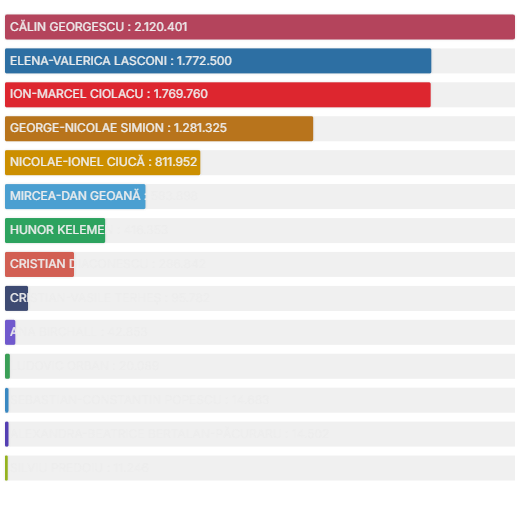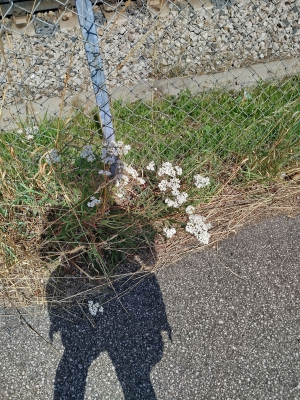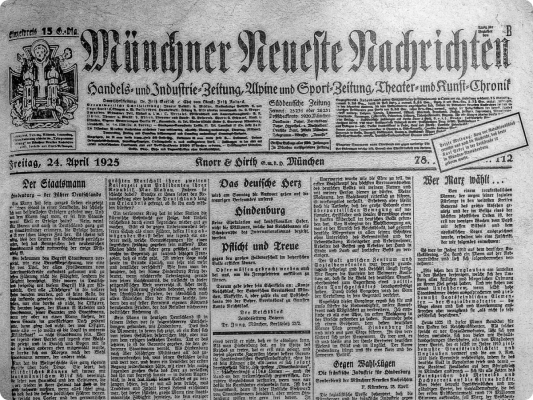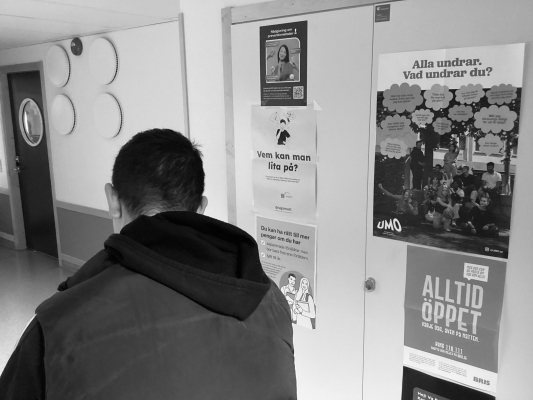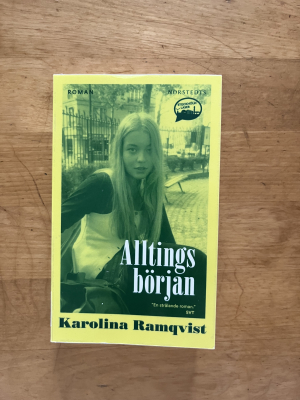Far Right: a blessing or a curse in disguise?
By COLEGIUL NAțIONAL PEDAGOGIC, MIRCEA SCARLAT
Published 2025-09-30 09:29
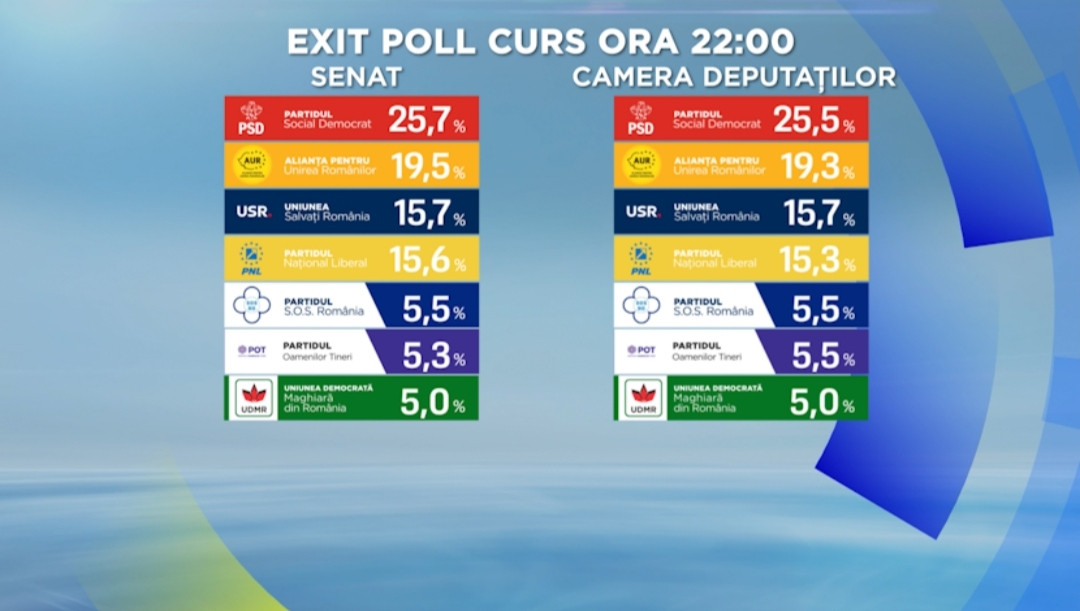
In November 2024, Romania's presidential elections marked a significant event with the unexpected success of far-right candidate Călin Georgescu. Georgescu, a 62-year-old politician, engineer, and doctor in soil science, known for his nationalist and anti-established views, secured approximately 22% of the votes in the first round, surpassing established political figures and advancing to the runoff.
Georgescu's campaign gained momentum through a strong presence on social media platforms, particularly TikTok, resonating with young people and those disillusioned with traditional politics. His platform emphasized support for local farmers, reducing reliance on imports, and increasing domestic energy and food production.
However, his candidacy was overshadowed by controversies due to alleged pro-Russian sentiments and criticism of NATO and the European Union. Reports indicated that Georgescu's campaign benefited from a coordinated online influence operation attributed to Russian interference to sway public opinion in his favor.
In response to these allegations, Romania's Constitutional Court annulled the first-round election results on December 6, 2024, citing the need to ensure "the fairness and legality" of the electoral process amid concerns about external influences.
This annulment triggered significant political turmoil, prompting pro-European parties to accelerate the formation of a coalition government to maintain political stability and uphold Romania's pro-Western orientation.
The situation highlights the challenges democracies face in protecting electoral integrity foreign influence and the complexity of addressing the rise of far-right populism within the European political landscape.
In Romania's parliamentary elections on December 1, 2024, far-right parties achieved significant gains, reflecting a notable shift in the country's political landscape. The Alliance for the Union of Romanians (AUR) emerged as a major force, securing approximately 18.2% of the votes—almost doubling its support from the previous elections. This performance positioned AUR as the second-largest party in parliament, surpassing the National Liberal Party (PNL) and the Save Romania Union (USR).
AUR in Romanian Politics: The Rise of a Controversial Party
The Alliance for the Union of Romanians (AUR) is a political party that entered the Romanian political scene in 2019 and surprised observers with its results in the 2020 parliamentary elections, when it became the fourth-largest political force in parliament, with nearly 10% of the vote. Its rapid rise reflects a segment of the population's dissatisfaction with traditional parties and a desire for change.
AUR defines itself through the promotion of national values, the traditional family, and religion, adopting anti-establishment and anti-globalist rhetoric. During the pandemic, the party gained visibility by opposing restrictive measures and mandatory vaccination, attracting a diverse electorate, including voters from the diaspora. Social media usage has been a key element in its strategy, allowing it to reach young people and rural areas.
However, AUR has generated controversy, being criticized for speeches considered nationalist and polarizing. Political opponents and civil society have accused the party of populism, while its supporters view it as an alternative to the “old political class.”
The party's impact on Romanian politics is significant. AUR has forced major parties to reassess their strategies and mobilized a segment of the population that felt ignored. However, it remains to be seen whether this party will consolidate its position in the long term or if its rise will be a temporary phenomenon. Will AUR manage to transform social dissatisfaction into a sustainable political project, or will it remain merely a protest voice in Romanian politics?
Beyond AUR, other far-right parties, such as S.O.S. Romania and the Youth Party (POT), also secured representation in the new legislature. In total, far-right parties now hold approximately one-third of parliamentary seats, signaling a substantial increase in their parliamentary presence.
The rise of these parties is driven by widespread anti-establishment sentiment among the electorate, economic challenges, and concerns about national sovereignty. AUR, in particular, has leveraged nationalist rhetoric and skepticism toward the European Union, resonating with voters disillusioned by traditional political elites.
In response to the far-right's rise, pro-European parties, including the Social Democratic Party (PSD), PNL, USR, and the Democratic Alliance of Hungarians in Romania (UDMR), have initiated discussions to form a broad coalition government. Their objective is to exclude far-right factions from governance and maintain Romania's pro-European trajectory.
The election results underscore growing polarization in Romanian society and present challenges for forming a stable government. The increased representation of far-right parties could influence legislative debates, particularly on issues related to national identity, immigration, and Romania's role in the European Union.
The decline in popularity of Romania's traditional political parties, alongside the rise of far-right movements, can be attributed to several interrelated factors:
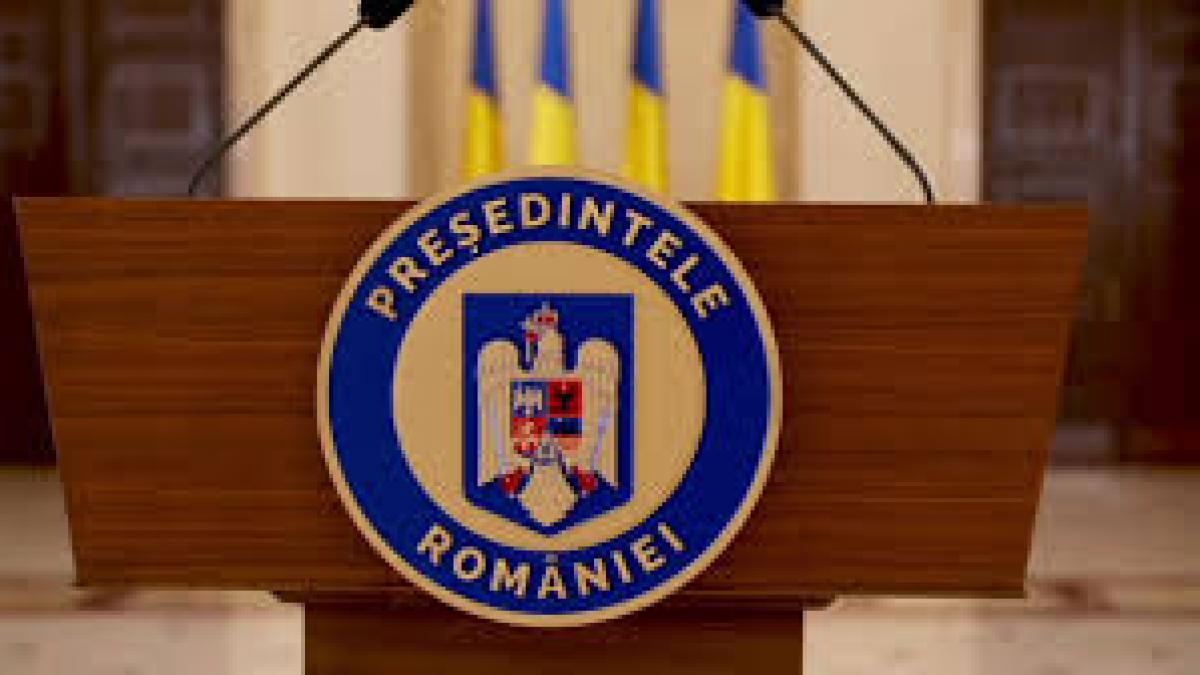 Președintele României. Image: https://cherycorrina.pages.dev/gbxogka-alegeri-prezidentiale-2024-data-photos-nyjpwue/.
Președintele României. Image: https://cherycorrina.pages.dev/gbxogka-alegeri-prezidentiale-2024-data-photos-nyjpwue/.
Romania's transition to a neoliberal capitalist economy involved austerity, deregulation, and privatization, leading to increased poverty, unemployment, and inflation. These economic hardships generated public dissatisfaction with traditional parties, perceived as the architects of these policies.
Persistent corruption scandals and inefficient governance by established parties have eroded public trust. Disillusioned voters have turned to alternative political movements that promise to address these issues.
Far-right parties have capitalized on nationalist sentiments, emphasizing themes of national identity and sovereignty. These topics resonate with segments of the population concerned about globalization and external influences on domestic affairs.
The effective use of social media by far-right groups has amplified their reach, particularly among younger demographics. Additionally, there have been accusations of external interference, notably from Russia, related to promoting far-right candidates and further influencing public opinion.
Romania's diaspora, estimated at 4 million people, has become a significant political force. Far-right parties have successfully engaged with these communities, addressing their concerns and gaining their support.
Romania's political changes reflect broader trends in Europe, where populist and far-right parties have gained ground by addressing voter concerns about economic inequality, immigration, and cultural identity.
These factors collectively contribute to the erosion of support for Romania's traditional political parties and the simultaneous rise of far-right movements, reflecting a complex interplay of economic, social, and geopolitical dynamics.
In recent years, Romania has witnessed a concerning rise in the popularity of far-right movements and parties. This phenomenon, while not unique to Romania, has been fueled by a combination of opportunism, social discontent, and deliberate destabilization.
Periods of chaos and social agitation are often seen as opportunities by those who thrive in unstable environments. In Romania, a cycle of protests, political scandals, and economic challenges has created a volatile atmosphere. Far-right groups, often supported by influential individuals or organizations, use these moments to promote their agendas. These entities benefit from destabilization, as it weakens institutions, polarizes society, and creates opportunities for them to gain power.
Far-right rhetoric capitalizes on fear and uncertainty, presenting itself as the only viable solution to restore order. By amplifying divisions and encouraging distrust toward establishment political actors, they position themselves as the voice of the “forgotten” or “betrayed” majority.
The rise of the far right in Romania is not an isolated phenomenon but a symptom of broader socio-political dynamics. Opportunists benefiting from chaos, combined with widespread social discontent and deliberate destabilization tactics, have created a dangerous combination that threatens the country's democratic foundations.
To counter this trend, Romanian society must address the root causes of discontent: inequality, corruption, and the erosion of public trust. Strengthening democratic institutions, promoting civic education, and fostering inclusive political dialogue can help protect the population from the appeal of far-right ideologies. Without these efforts, Romania risks further polarization and instability, with long-term consequences for its democratic future.
Are we, however, ready to take responsibility for our future? What sacrifices are we willing to make to live in a fairer and more prosperous society?
References: (1) Financial Times, (2) The Times, (3) Apnews, (4) Libertatea, (5) Reuters, (6) Euronews Romania, (7) Apnews, (8) prezenta.roaep.ro
Writers
Photo
Research
|
16 Dec Pupil |
|
13 Dec Pupil |
|
13 Oct Pupil |
|
13 Oct Pupil |
|
30 Sep Pupil |
|
30 Sep Pupil |
|
25 Jun Pupil |
|
16 Jun Pupil |
|
10 Jun Pupil |
|
10 Jun Pupil |
|
06 Jun Pupil |
|
06 Jun Pupil |
|
06 Jun Pupil |
|
05 Jun Pupil |
|
31 May Pupil |
|
28 May Pupil |
|
28 May Pupil |
|
25 Apr Pupil |
|
25 Apr Pupil |
|
25 Apr Pupil |
|
25 Apr Pupil |
|
25 Apr Pupil |
|
25 Apr Pupil |
|
11 Apr Pupil |
|
08 Apr Pupil |
|
17 Feb Pupil |
|
17 Feb Pupil |
|
17 Feb Pupil |
|
17 Feb Pupil |
|
31 Jan Pupil |
|
19 Feb Pupil |
|
16 Dec Pupil |
|
13 Dec Pupil |
|
13 Oct Pupil |
|
13 Oct Pupil |
|
31 May Pupil |
|
28 May Pupil |
|
28 May Pupil |
|
25 Apr Pupil |
|
25 Apr Pupil |
|
25 Apr Pupil |
|
25 Apr Pupil |
|
25 Apr Pupil |
